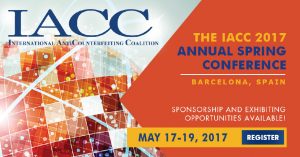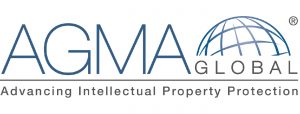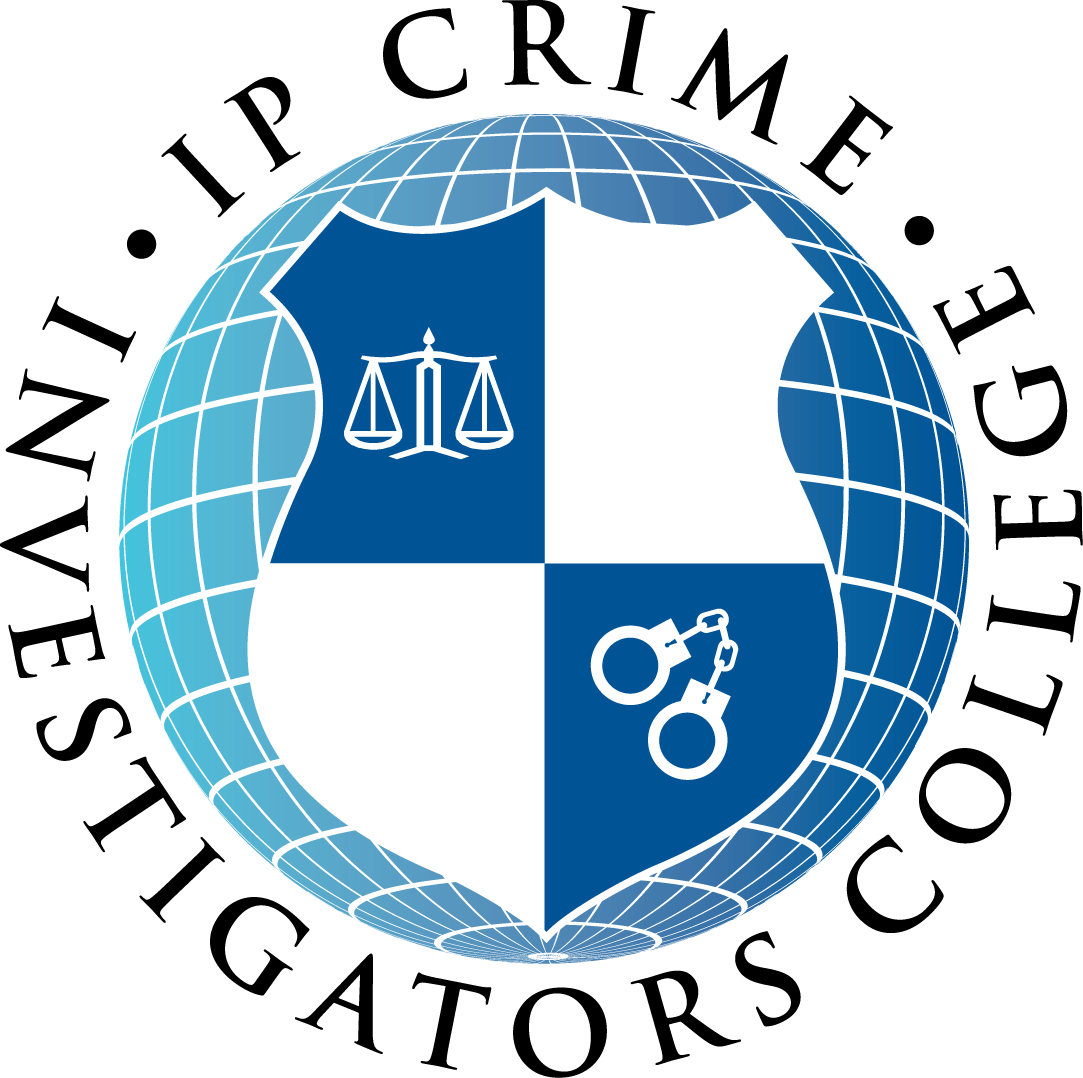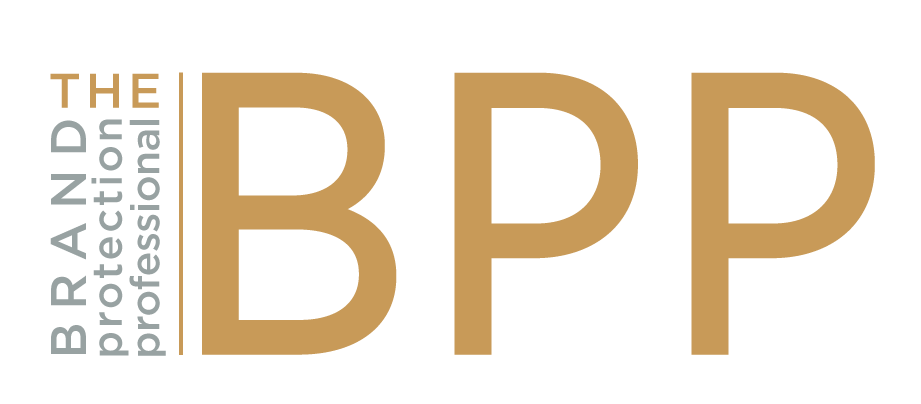
THE BULLETIN
EVENTS

May 17-19, 2017
Barcelona, Spain
The Spring Conference will combine the industry’s most up-to-date information including best practices with its top leaders in law, security, government and business. Attendees come from all continents to network and share their views on latest IP trends and solutions.
MORE

May 17-18, 2017
Singapore
AGMA Global is a non-profit membership organization dedicated to advancing intellectual property protection. Members from some of the world’s largest technology companies will gather at the conference to share ideas and successful best practices in the fight against gray market, counterfeit, warranty abuse and digital IP theft. For additional information please contact the Executive Director of AGMA Global at debbie@agmaglobal.org.

May 20-24, 2017
Fira Gran Via Convention Center
Barcelona, Spain
The Annual Meeting will include extensive learning opportunities with almost 300 customized educational opportunities and 30+ INTA-hosted networking events. Specifically for in-house practitioners, carefully designed events are developed to facilitate learning and peer exchange, including an Anticounterfeiting Workshop, Industry Exchanges, the In-House Practitioners Workshop and Luncheon, and the In-House Practitioners Reception.
MORE

October 3-4, 2017
Lansing, Michigan
The Annual Summit is an invitation –only event held exclusively for brand owners, bringing them together with distinguished scholars and law enforcement leaders. The Summit features cutting-edge inter-disciplinary research, interactive and collaborative discussions from field experts and peer networking opportunities during its formal and informal social event.
MORE
RESOURCES -EDUCATION

PROFESSIONAL CERTIFICATE
Courses offered each spring, fall, summer
Coming in 2017, this fully online certificate offers over 15 self guided course topics. Those interested in learning more can join the list serve here.

GRADUATE CERTIFICATE
Courses offered each spring, fall, summer
The certificate is an interdisciplinary program to assist working professionals and graduate students who are seeking a well-rounded foundation in anti-counterfeit strategy and product protection.
MORE

SUMMER 2017 –ONLINE
This undergraduate course is an introductory examination of product counterfeiting, a global crime that affects people of every socio-economic class, race, gender and culture. The problem is explored through a review of popular literature (e.g., newspaper and magazine articles, blogs, social media), empirical studies, case histories, and criminological theory. Attention is given to understanding the following themes and concepts: the social and economic impacts of product counterfeiting, the transnational nature of counterfeiting organizations, offender motivation, consumer behavior, and the application of crime prevention techniques and theory. The materials presented in this course provide a global understanding of product counterfeiting including the role of brand owners, law enforcement, governments, legitimate businesses, criminal enterprises, and individual consumers.
MORE

SUMMER 2017 –ONLINE
This graduate course explores the crime of product counterfeiting through a mix of theoretical perspectives from criminology, victimology, and organizational behavior. Product counterfeiting is a global crime that impacts almost every aspect of society.
The nature of product counterfeiting reflects a toxic mix of mercenary motivations and cognitive dissonance as individuals within organizations, both legal and illegal, capitalize upon criminal opportunities that are solely focused upon the maximization of illicit gains. Through an analysis of theory, empirical studies, and case histories this course helps students gain a comprehensive understanding of product counterfeiting, and promotes the scientific application of theory and research as a means of developing effective crime prevention solutions.
MORE

The International Intellectual Property (IP) Crime Investigators College (IIPCIC) is a multilingual, online training platform that delivers IP training to 12,000+ law enforcement officers and private sector brand protection professionals from over 156 countries. IIPCIC works with private sector brand protection teams to design custom eLearning courses that will educate global law enforcement about their specific IP challenges. For more information, or if you are interested in commissioning a module specific to your industry or company, please send an email to info@iipcic.org or visit our website https://iipcic.org/.
INTERPOL works in cooperation with Underwriters Laboratories, Inc. to deliver this important training portal to the public and private sectors.
RESOURCES -RECENT PUBLICATIONS
For researchers to advise efforts to combat product counterfeiting, they must first establish what is known about it. As a first step in doing so, A-CAPP Center researchers conducted a content analysis of 47 articles discussing product counterfeiting and published in criminal justice and criminology journals through 2014.
Two competing theoretical explanations for the knowing purchase of counterfeit goods are Social Learning Theory and Low Self-Control Theory. This A-CAPP Center Backgrounder reports results of a survey among Romanian university students about volitional purchase of non-deceptive counterfeits in physical market settings. The survey found such purchases to be related to association with approving peers and family members and personal attitudes toward counterfeiting, as Social Learning Theory would predict, and to opportunity for making such purchases, as Low Self-Control Theory would predict.
Ocean transportation intermediaries (OTIs) play a crucial role in the distribution of counterfeit goods across the globe. This work describes how OTIs can be held liable for intellectual property rights violations when they ship counterfeit goods, as well as practices that OTIs can adopt to mitigate their exposure to intellectual property rights liabilities and actively contribute to the fight against product counterfeiting.
This article presents a crime script for occupational pharmaceutical counterfeiting. To date, there have been no empirical investigations of these schemes, nor any attempts to disentangle their many elements and components. Using qualitative content analysis and the A-CAPP Center Product Counterfeiting database, researchers developed a crime script for pharmaceutical counterfeiting that describes key acts, scenes, actors, activities, and enforcement conditions.
Small and medium enterprises (SMEs) face both common and unique brand protection challenges. Among the unique challenges they face are those related to resource constraints that make it difficult to implement traditional brand protection strategies. This article discusses the problem of product counterfeiting from the perspective of SMEs, with special attention to their resource constraints. It also describes potential solutions to the unique problems they face, and lists ten testable propositions to guide future research and the practice of brand protection by SMEs.
The A-CAPP Center’s second annual Brand Protection Strategy Summit brought together approximately 100 representatives of industry, academia, government, and law enforcement to lay out the issues currently confronting the field of brand protection. The summit, and this report, reviews evolving public initiatives by governments in the United States and abroad, external initiatives that firms have taken to educate consumers and other professionals, and internal initiatives they have taken regarding trademark and engineering innovations and working with supply-chain partners.
This article is an expert guide on landlord liability actions for trademark infringement in China.
See the article on the EU Landlord Liability case out of the Czech Republic. READ
This document from the U.S. Department of Homeland Security reviews statistics on the number of seizures by made by the U.S. Customs and Border Protection’s and U.S. Immigration and Customs Enforcement – Homeland Security Investigations’ to enforce intellectual property rights (IPR). In Fiscal Year (FY) 2016, there were 31,560 such seizures, an increase of 9 percent from FY2015. The total estimated manufacturer’s suggested retail price of the seized goods, had they been genuine, was $1.383 billion.
This report builds on the findings of a 2016 report by the OECD and EUIPO that looked at the scope of counterfeiting and piracy in international trade.
To submit content to The Bulletin, please email the Managing Editor
THE BRAND PROTECTION PROFESSIONAL | MARCH 2017 | VOLUME 2 NUMBER 1
2017 COPYRIGHT MICHIGAN STATE UNIVERSITY BOARD OF TRUSTEES
